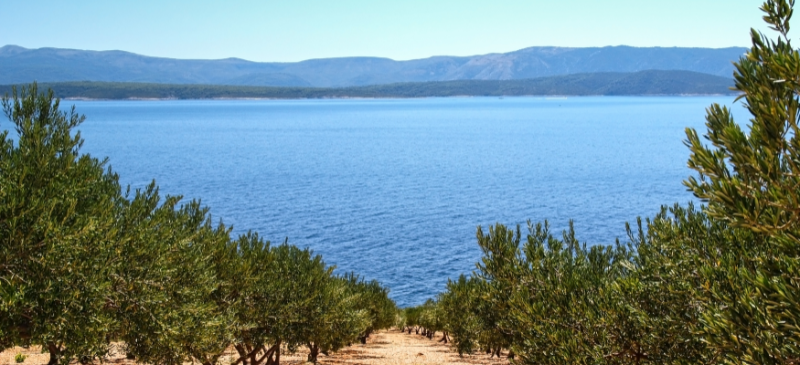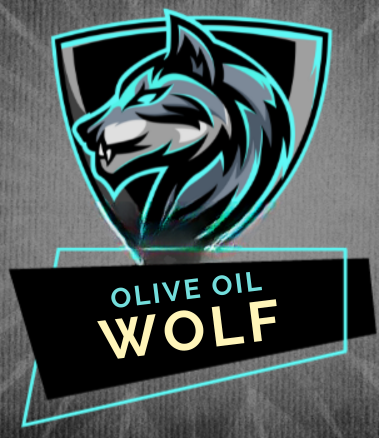
Morocco is a stunning country situated in North Africa, known for its rich history, diverse culture, and, of course, its high-quality olive oil. Let me give you a more detailed look at Morocco’s location, history, and its exceptional olive oil production.
Location:
Morocco is located in the northwestern corner of Africa. It is bordered by the Atlantic Ocean and the Mediterranean Sea to the west and north, Algeria to the east, and Western Sahara to the south. The country’s strategic location at the crossroads of Africa and Europe has played a significant role in its history, culture, and trade.
History:
Morocco’s history is a tapestry woven with various civilizations, from the indigenous Berber people to Arab, Islamic, and European influences. Here’s a brief overview of Morocco’s historical highlights:
- Ancient Berber Civilization: The region that is now Morocco has been inhabited for thousands of years by Berber tribes, known for their distinctive language and culture. They were the original settlers of this land.
- Arab Conquest: In the 7th century, Arab armies brought Islam to Morocco, which remains the predominant religion to this day. The Arab influence greatly impacted the culture and architecture of the region.
- Islamic Dynasties: Over the centuries, Morocco saw the rise and fall of several dynasties, including the Almoravids, Almohads, Merinids, and Saadians, each leaving its mark on the country’s history and architecture.
- European Influence: During the 19th and 20th centuries, European powers, particularly France and Spain, exerted influence in Morocco. It was a French and Spanish protectorate from 1912 to 1956 when Morocco gained independence.
- Modern Morocco: Since gaining independence, Morocco has been a constitutional monarchy with a rich and diverse cultural heritage. The country is known for its bustling markets, known as souks, historic cities like Marrakech, Fes, and Rabat, and its stunning natural landscapes, including the Atlas Mountains and Sahara Desert.
High-Quality Olive Oil:
Now, let’s dive into the savory world of Moroccan olive oil. Morocco has a long history of olive cultivation and olive oil production, dating back thousands of years. Here’s why Moroccan olive oil is renowned for its quality:
- Ideal Climate: Morocco’s Mediterranean climate with hot, dry summers and mild, wet winters is perfect for olive cultivation. Olive trees thrive in such conditions, producing high-quality fruits. The arid climate causes the olive trees to retain as much water and nutrients as possible in its fruit (olives). This creates a unique flavor that can only be found in Moroccan olive oils.
- Diverse Olive Varieties: Morocco boasts an array of olive tree varieties, each contributing unique flavors and characteristics to its olive oils. Some popular Moroccan olive varieties include Picholine, Dahbia, and Menara.
- Traditional Methods: Many Moroccan olive oil producers continue to use traditional methods of olive oil extraction. The olives are harvested by hand, then carefully pressed using stone mills, preserving the oil’s quality and flavor. The farmers take great care in adhering to traditional processing practices that have been handed down from many previous generations.
- Geographical Indications: Certain regions in Morocco, such as the Atlas Mountains and the region of Meknes, are renowned for their exceptional extra virgin olive oils. These areas benefit from specific geographical indications that highlight their olive oil’s authenticity and quality.
- Health Benefits: Moroccan olive oil is not only delicious but also packed with powerful health benefits. It is rich in polyphenols, monounsaturated fats, antioxidants, and vitamins, making it a solid staple of the heart-healthy Mediterranean diet.
- Culinary Versatility: Moroccan olive oil is a key ingredient in the country’s world-famous cuisine. It’s used in a variety of dishes, adding depth of flavor and richness to Moroccan and many other culinary creations.
- Export Success: Morocco is one of the leading olive oil producers in the world and has seen significant growth in its olive oil exports. The country’s olive oil is highly sought after internationally, and it has garnered numerous awards for its quality.
With its captivating history and its tradition of producing high-quality extra virgin olive oil, Morocco is a country that offers a unique blend of culture, cuisine, and natural beauty. Its olive oil, crafted with care and steeped in tradition, is a testament to the country’s commitment to excellence in agriculture and culinary arts.

